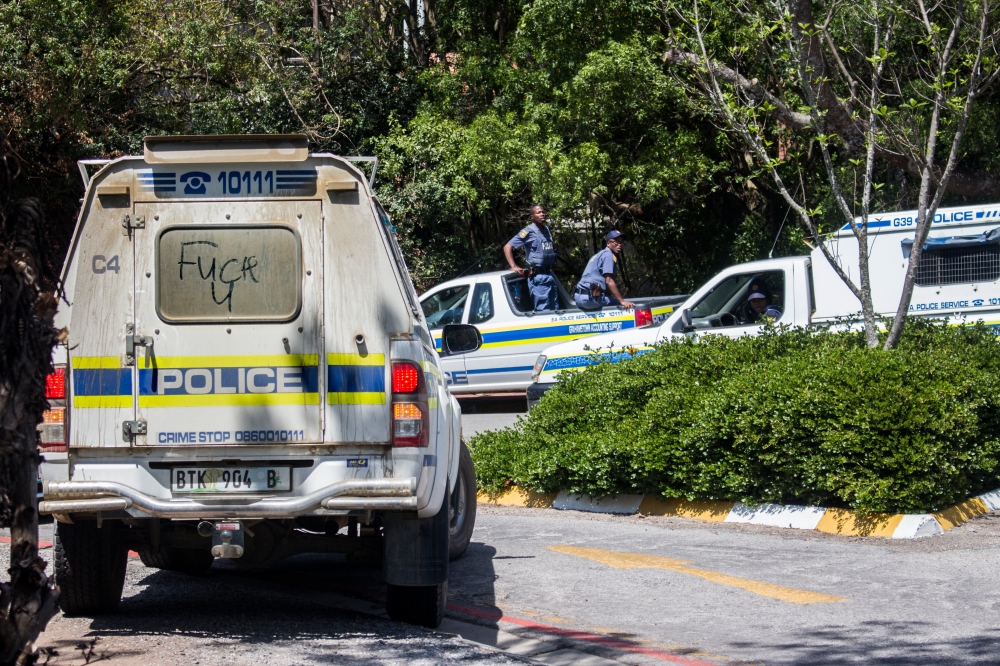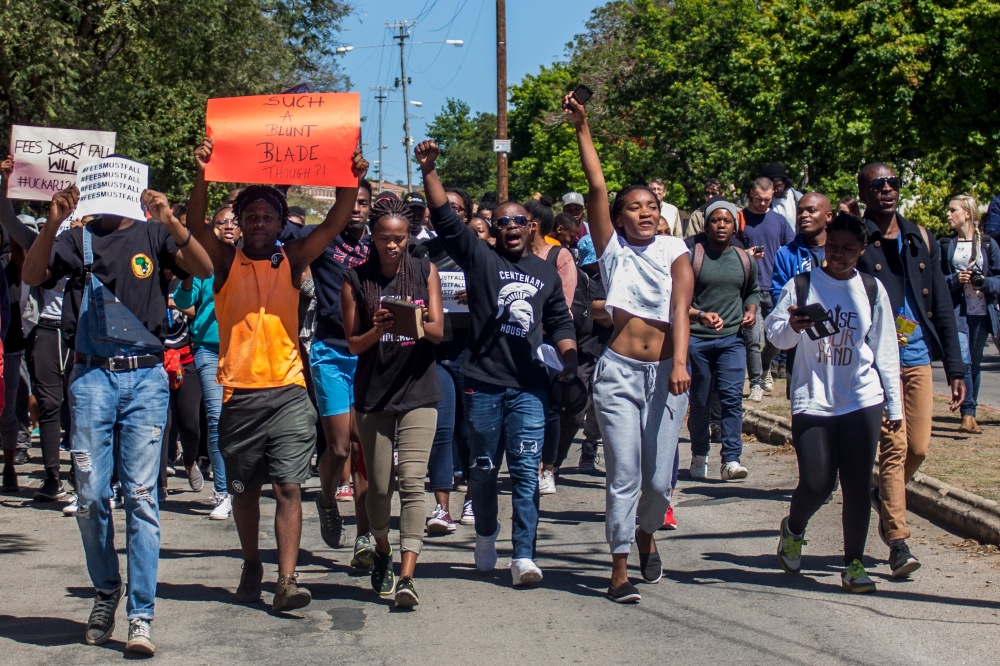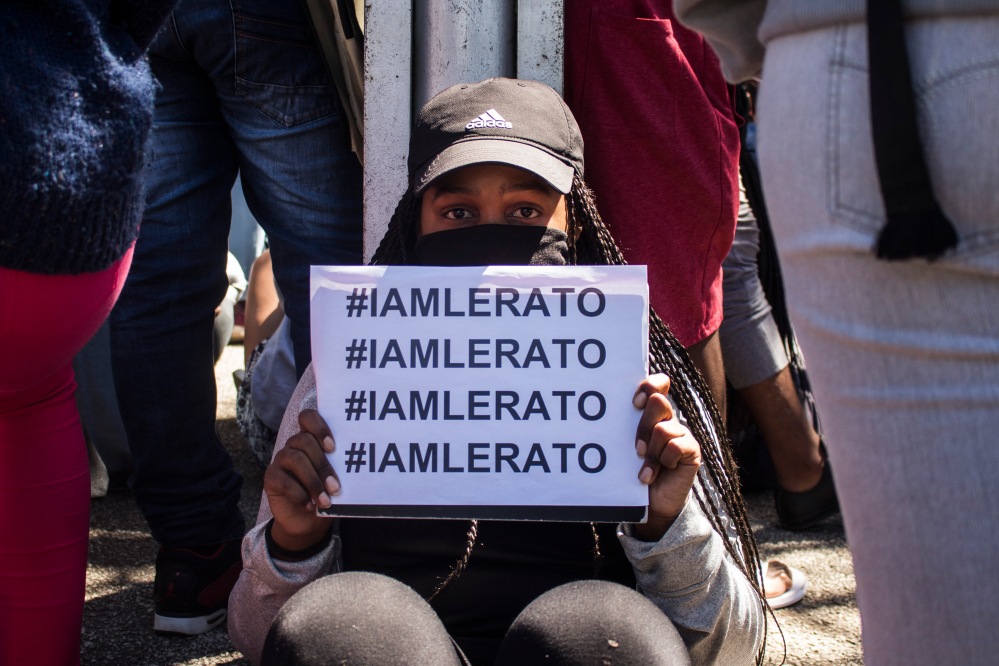When last did you read a newspaper?
Traditional media coverage is being challenged and is drastically changing due to the fact that social media is disrupting traditional norms and ways of gathering news. The inevitability of this phenomenon cannot be denied since social media allows a diverse group of voices, new sources and unique story angles to be discovered. Social media as well as other online platforms have become effective, alternative sources for reporters to keep up to date with current events both nationally and internationally.
So, when I ask you when last you’ve read a newspaper, you’ll probably say, ‘I can’t even remember’. This is because print news has fallen behind – not because it’s unreliable, but because social media’s distribution of news and information is rapid and occurs in real time. Kimberlee Morrison states that approximately 1.4 billion people use social media, which is ultimately a destination that offers thousands of news pages, opinions and unconventional sources. Basically, news hasn’t changed – the way we consume and gather it has. Another dimension of coverage (that is instant) has been created, and it’s extremely important to utilize it.
In order to emphasize my point, I am going to use a case study to demonstrate how this new dimension of coverage has gained a large amount of reception. A case study we should all be familiar with (or at least be aware of it). The #FeesMustFall movement.

A significant difference between the 1976 Soweto Uprising (where young South Africans protested in response to Afrikaans becoming the linguistic standard of teaching in schools) and the 2016 FeesMustFall protest is the accelerated use of social media.
Keagile Makgoba, states that, ‘The #FeesMustFall protest action is unique as it found its way into government’s buildings quicker than any other protest, especially student protests, because of social media’. She further explains that, ‘#FeesMustFall grew to 300 tweets per second, which included tweets from journalists, media houses, protesters and the general public’.
“The stones which the Class of 1976 hurled at security police have been replaced by smart phones and social media through which strategies for civil disobedience are communicated” – The New Age

This hashtag campaign accelerated the amount of coverage the protests received, but this coverage was concerned with the students’ side of the story, not media conglomerates who have the ability to sway public opinion. This hashtag, as well as many others, dominated local news and basically set the mainstream news agenda. Tanja Bosch states that, ‘in general, media, students and civil society were the most influential in the flow of information in the network’ which initiated a strong interaction between different social groups. Tweets, posts and shares and live videos are the reason why we know so much about this protest (and many others).
The importance of this is that social media is facilitating youth participation in politics and ultimately democracy. Bosch confirms this whey she says that these people, ‘congregate in the online space and come together to form a networked public sphere’ of resistance. Media houses relied heavily on tweets and Facebook posts made by students and South African citizens and will continue to do so when events like these occur.
As Barry Libert said, ‘The Revolution will be Tweeted’
